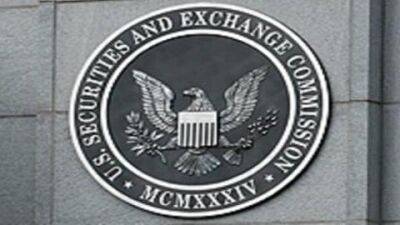Let’s rebuild the US microchip industry – not give it a $50bn-plus check
For two months, a 107-member conference committee has been working to finalize an agreement on the US Innovation and Competition Act (USICA) which would provide more than $50bn in corporate welfare to the highly profitable microchip industry with no strings attached.
There is no doubt that there is a global shortage in microchips and semiconductors which is making it harder for manufacturers to produce the cars, cellphones and electronic equipment that we need. This shortage is costing American workers good jobs and raising prices for families. That is why I fully support efforts to expand US microchip production.
But the question is: should American taxpayers provide the microchip industry with a blank check of over $50bn at a time when semiconductor companies are making tens of billions of dollars in profits and paying their executives exorbitant compensation packages? I think the answer to that question should be a resounding NO.
Let’s review some recent history. Over the last 20 years, the microchip industry has shut down more than 780 manufacturing plants in the United States and eliminated 150,000 American jobs while moving most of its production overseas – after receiving over $9.5bn in government subsidies and loans.
In other words, in order to make more profits, these companies took government money and used it to ship good-paying jobs abroad. Now, as a reward for that bad behavior, these same companies are in line to receive a giant taxpayer handout to undo the damage that they did. That may make sense to someone. It does not make sense to me.
In total, it has been estimated that five big semi-conductor companies will receive the lion’s share of this taxpayer handout: Intel, Texas Instruments, Micron Technology,
Read more on theguardian.com








![Polkadot’s [DOT] price, volume part ways to give these signals - ambcrypto.com - city Santiment](https://finance-news.co/storage/thumbs_400/img/2022/7/23/34504_xiz.jpg)













